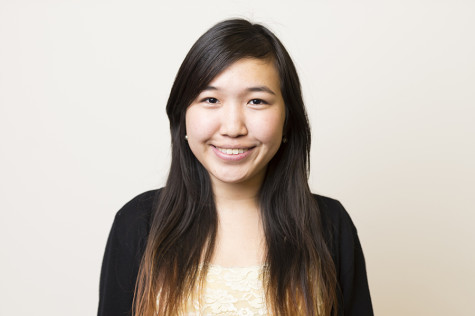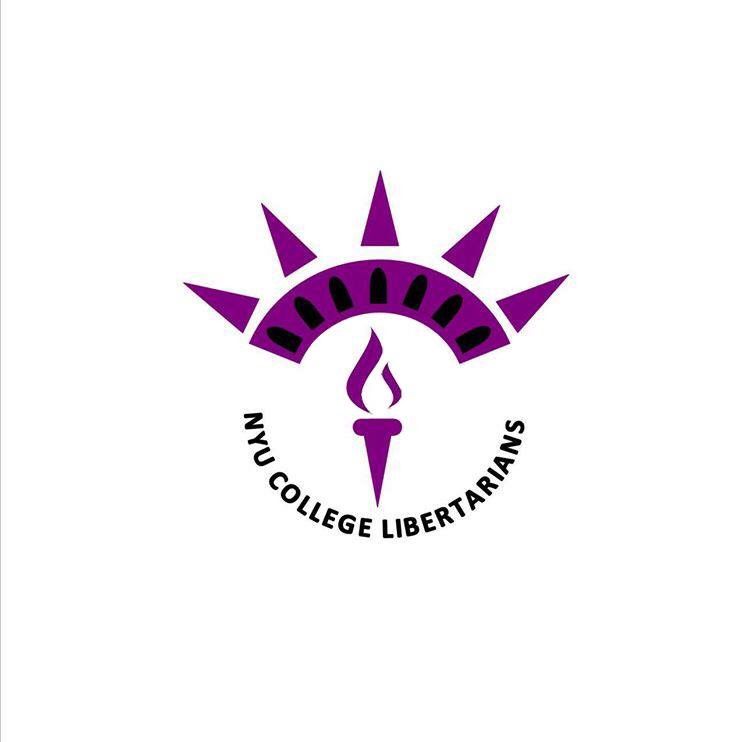College Libertarians
The classic definition of libertarianism revolves around freedom from government interference. But the NYU College Libertarians feel that no definition fully encompasses the spirit of libertarianism.
Tandon sophomore and President Derek Mizell believes that, even among the only 30 members, libertarianism manifests in a broad spectrum.
“People try to look for oversimplified definitions because they want the quick and easy answer so they can decide in three seconds whether they want to give something another thought,” Mizell said. “When you try to explain libertarianism you can’t reduce it down to a couple of words because if you do that you’re limiting the possibilities and scope of libertarianism.”
Among the College Libertarians, some members value stereotypically republican, socialist or democratic ideals, but consider themselves libertarian because of their dedication towards liberty rather than an allegiance to a party. This can make libertarianism a potentially vague concept, but in actuality there is a common denominator — liberty.
Although Mizell enjoys the flexibility of libertarianism, such as being able to address issues directly instead of siding with a particular party, he also recognizes that it can make the political philosophy seem ambiguous and confusing to the mainstream.
“At the last two club fests, people come up to us and say, “‘What’s a Libertarian?’” Mizell said. “But if they go up to a Democrat or a Republican, they say, “Oh, I know what that is because I’ve seen a Buzzfeed article. Sometimes people think we’re a food club.”
NYU is mostly regarded as a liberal university, but Tisch sophomore and Social Media Outreach Coordinator for the club Calvin Tran said he doesn’t feel that NYU students are drawn to a particular party.
“When I think about NYU I don’t consider them liberal or conservative,” Tran said. “It’s about people who care a lot about things they see. You go outside, and you see homeless people, injustice, a really abusive police system and you have an immediate reaction to that.”
Thomas Resnick, Gallatin freshman and secretary for the club, said higher education is one of the hot topic political issues the club discusses. Resnick feels low-income students should receive tuition assistance, but the problem ultimately lies in reforming education policies.
“I believe people who do not have the ability to pay, in the context of a society with some government, should get some kind of assistance, but that doesn’t mean we force every single last American to go to college at 18 for four years,” Resnick said.
Despite a Libertarian candidate never having won a presidential election nor having won more than 1 percent of the popular vote, Tran thinks they’re already making a big difference.
“Libertarians don’t have a big political presence only because they’ve won so many victories,” Tran said. “We have freedom of speech. We have that ingrained in our constitution. We’ve been fighting for free trade and open borders and we’re slowly winning those battles. We’re winning them in the sense that it’s becoming mainstream. It’s becoming part of our political system.”
A version of this article appeared in the Monday, Feb. 8 print edition. Email Christine Wang at [email protected].

Christine is a sophomore in the College of Arts and Science majoring in philosophy and also something that will hopefully make her a living post-graduation....
























































































































































Ron Litchman • May 31, 2016 at 3:29 pm
I am Chair of the Manhattan Libertarian Party, energized by the nomination of Gary Johnson for President and Bill Weld for VP . . . our next mission is to get them on the NY ballot . . . which means petitions!
We planning a rally, for June 21st, the first day of petitioning season, see http://files.meetup.com/399919/Save%20the%20date.pdf
Tickets will go on sale shortly, and won’t be expensive.
We’re looking for volunteers to attend, learn the technicalities of collecting signatures in the State of New York, and get fired up by Gary and/or Bill (we’re hoping for a personal appearance, but a live video feed otherwise) to carry petitions around the State.
Please forward to your members . . . Any questions [email protected]
Looking forward to campaigning together, in what’s shaping up as an historic year for the Libertarian idea.
Ron.